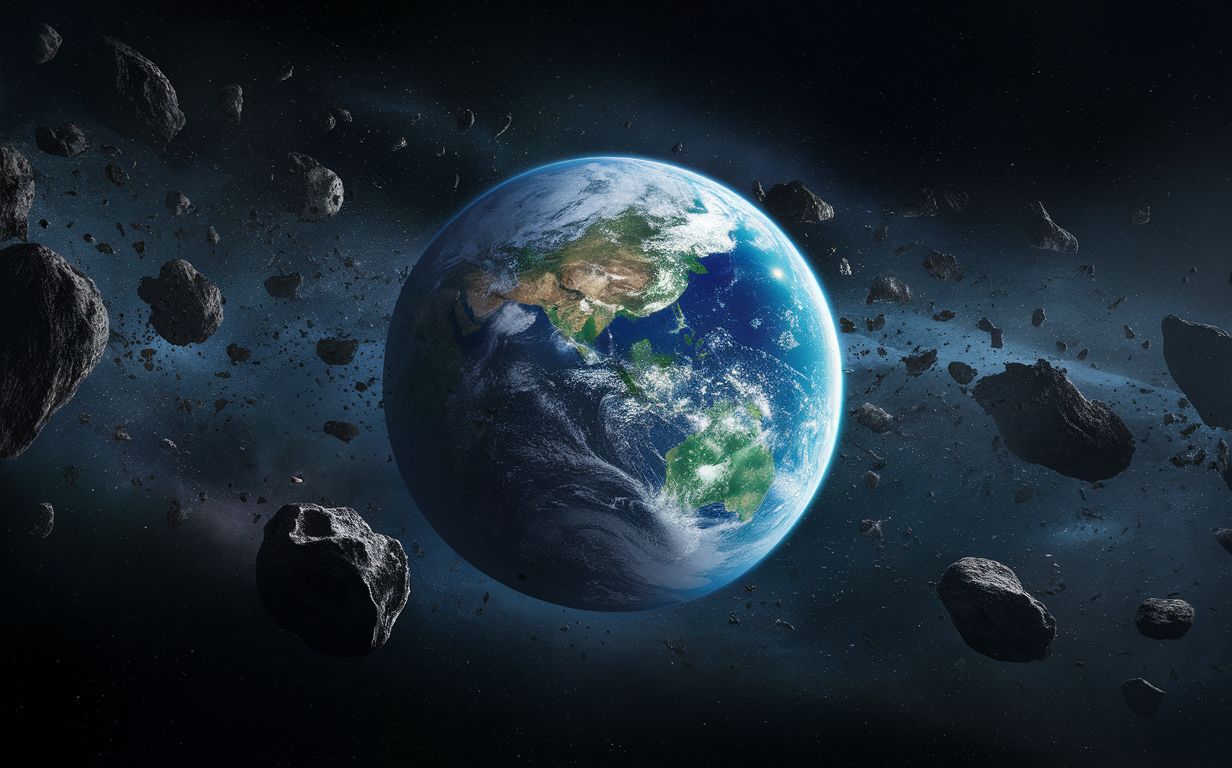Follow us on Google News (click on ☆)

The study reveals that these asteroids, primarily located in the asteroid belt between Jupiter and Mars, might contain ice beneath their surfaces. This hypothesis, which has been around since the 1980s, is now supported by recent observations and dynamic models from the team led by Aster Taylor.
The researchers suggest that dark comets could provide a pathway for delivering ice to the inner solar system. The origin of Earth's water remains a mystery, but these findings propose a new potential route, although it's not yet confirmed that these comets indeed brought water to our planet.
These dark objects are notable for their non-gravitational accelerations, a phenomenon also observed in comets. However, unlike classical comets, these objects do not display a visible coma, the gaseous envelope. These characteristics have led to them being classified as dark comets.
The team modeled the trajectory of these dark comets over a period of 100,000 years. The results indicate that the majority likely originate from the asteroid belt. Their presence suggests an unsuspected quantity of ice in this region. Smaller, rapidly rotating objects probably result from the continuous fragmentation of larger objects due to the sublimation of their ice.
These discoveries highlight a potential ice reservoir within the asteroid belt, providing a new mechanism for transporting ice to the inner solar system. This area of research raises many new questions for scientists.